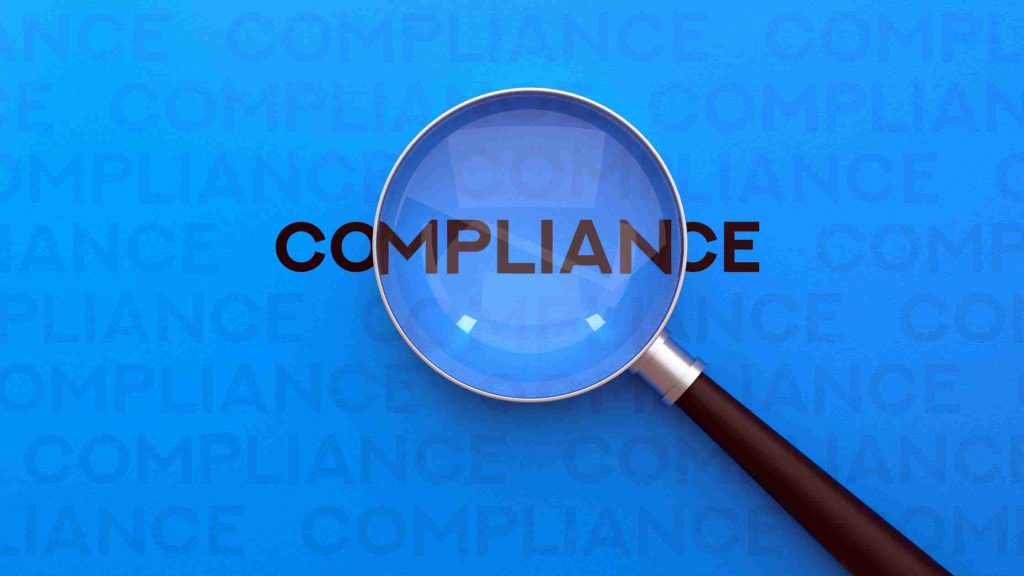Compliance has been an essential part of manufacturing since the beginning. It ensures that companies meet the expected operational standards and can continue doing business and serving customers.
Businesses need to be aware of changes in their industry’s regulations. It’s a good idea to have the plan to ensure that the company and its employees are always up-to-date on new standards.
Let’s look at what compliance in manufacturing is, why it counts, and how to create your manufacturing corporate compliance plan.
Manufacturing is a complex process that requires businesses to adhere to various regulations and standards to ensure product protection, grade, and consistency. Negligence to comply with these regulations can lead to severe consequences. It includes fines, legal liability, and damage to your business reputation. We will discuss the significance of manufacturing compliance and what businesses need to know to stay compliant.
What is Manufacturing Compliance?
Manufacturing compliance refers to the set of regulations and standards that businesses must follow when producing goods.
Regulations aim to ensure that products are safe for consumers, meet industry standards, and be environmentally sustainable. Compliance requirements can depend on the type of products being produced.
Why is Manufacturing Compliance Important?
Manufacturing compliance is essential for several reasons:
Product Safety: Compliance regulations ensure that products are safe for consumers. Negligence to comply with these regulations can lead to injuries or even death. Ans also results in legal liability and damage to your business reputation.
Quality Assurance: Compliance regulations ensure that products meet industry standards and are of consistent quality. It helps build consumer trust and loyalty, which is essential for long-term business success.
Environmental Sustainability: Compliance regulations help businesses to reduce their environmental impact and promote sustainability. It
It is becoming increasingly important as consumers become more environmentally conscious and demand products that are produced sustainably.
Why Is Manufacturing Compliance Important?
In essence, manufacturing compliance protects your business. It even rescues your workers, clients, communities, and other appropriate stakeholder parties. And by enabling your business to work in a well-regarded and safe way.
If your business isn’t in compliance, it is vulnerable to several risks, including:
Business Risks: A company may have to temporarily cease operations to correct compliance gaps, which could disrupt the ordinary course of doing firm with customers.
Financial Risks: Organizations that experience a compliance breach can face negative economic impacts, particularly if production slows or customers cancel orders.
Legal Risks: When a business operates outside of regulatory compliance guidelines, it can open itself up to unwanted legal action and increase the financial risks associated with fines and legal fees.
Reputational Risks: When companies fail to comply with regulations, they risk damaging their reputations by losing employees, customers, and investors’ trust.
What Are the Benefits of Manufacturing Compliance?
Compliance with regulations can seem like a lot of work, but the benefits of having a solid compliance program include the following:
- Fewer risks for the business by providing a secure background and quality products and procedures.
- A positive relationship with customers and all other stakeholder groups promotes trust and helps maintain a reputation.
- Reduced legal costs may have resulted from operating out of compliance with regulations.
- Employees are better able to do their jobs when provided with a baseline of knowledge about how things should be run, which can also spur innovation.
- Improved communication between management and employees, who have more autonomy to report compliance issues to upper management when there are regulatory changes.
Frequently Asked Questions
What is compliance?
Compliance is the degree to which a program or system conforms to standards or specifications. For example, a software development organization may create a program that complies with standards set by a standards body. The user organization can deploy this program in compliance with a vendor’s licensing agreement.
What is compliance in a company?
Compliance or Adherence means that a business adheres to the relevant rules and laws. It includes country-specific regulations, requirements from the regulatory authorities, and internal company directives. To ensure compliance, many companies use a combination of tools and processes.

Vijay comes with a vast experience in ERP and enterprise solutions space with about 20 years of experience in various packaged application like Acumatica, SAP, Orion, Salesforce.com, SugarCRM and, SalesLogix.
















